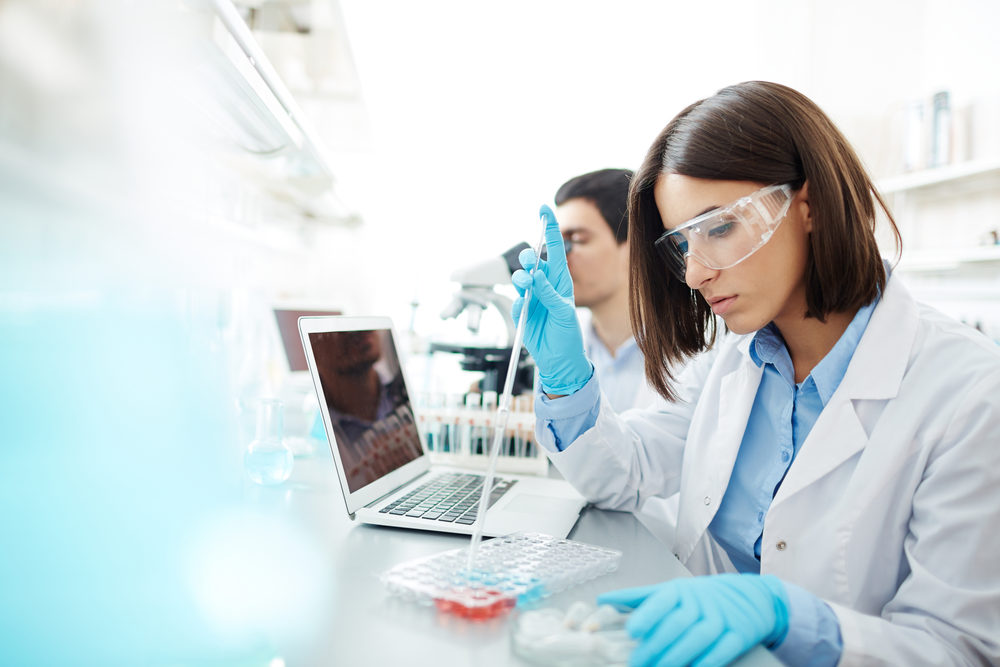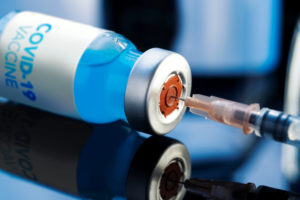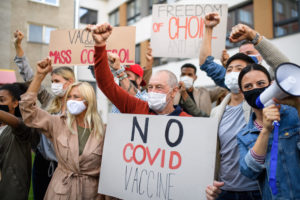
The coronavirus pandemic is devastating the U.S. economy and healthcare systems — as of publication, nearly 3.2 million Americans have been diagnosed with COVID-19, the respiratory disease caused by the novel coronavirus. We’re eagerly looking ahead in hopes that a safe, effective vaccine will become available to the public soon, and new research has found that stem cells could play a role in quashing the pandemic and inoculating people from infection.
Researchers at the University of California, Los Angeles are exploring the use of blood-forming stem cells in the COVID-19 vaccine. The research team uses the stem cells to develop type 1 dendritic cells, which play a key role in the adaptive immune response. The research is still in its early stages, but if it leads to successful results, stem cells could play a significant part in the treatment of the coronavirus.
How It Works
Researchers are taking blood-forming stem cells from healthy donors and infecting the stem cells with COVID-19 antigens. Then, the researchers produce immune cells from the stem cells and analyze which parts of SARS-CoV- 2, the virus that causes COVID-19, cause the strongest immune system response. Once scientists have that answer, they’ll be able to use their findings to help determine the best way to create long-lasting immunity against the coronavirus.
Stem Cells and COVID-19
This isn’t the first time that researchers have found a positive link between stem cells and the fight against coronavirus. In May, the U.S. Food and Drug Administration approved a clinical trial that allows doctors in Florida and South Dakota to use stem cell therapy to treat severe cases of COVID-19. It’s still important for consumers to remain vigilant about the claims they see from stem cell companies. As USA Today explains, some stem cell companies have been caught making dubious claims about the efficacy of stem cell therapies and COVID-19. The FDA even sent eight warning letters to companies that made unproven claims.
What You Should Know
Early research has shown promising results, and there’s reason to remain optimistic about stem cells and COVID-19 treatment, and stem cells may even help researchers find a vaccine sooner than expected. However, stem cells aren’t magic — and you should be skeptical of any brand that makes wide-ranging claims about the efficacy of stem cells in coronavirus treatment, especially if they have a financial incentive to exaggerate the benefit of stem cells. A research paper released in June by a bioethicist at the University of Minnesota found that some stem cell clinics are even claiming that stem cell treatment can prevent COVID-19, which is medically unproven. Stay updated on the legitimate research being conducted by stem cell medical professionals, but remain wary of anything that sounds too good to be true.
@thumbnail.jpg)
Both an Emory School of Law graduate and MBA graduate of Goizueta Business School at Emory, Chris Nace focuses his practice on areas of medical malpractice, drug and product liability, motor vehicle accidents, wrongful death, employment discrimination and other negligence and personal injury matters.














One Comment
Raja zulfiqar Ali
We can hope that near future it will works.
Comments for this article are closed.